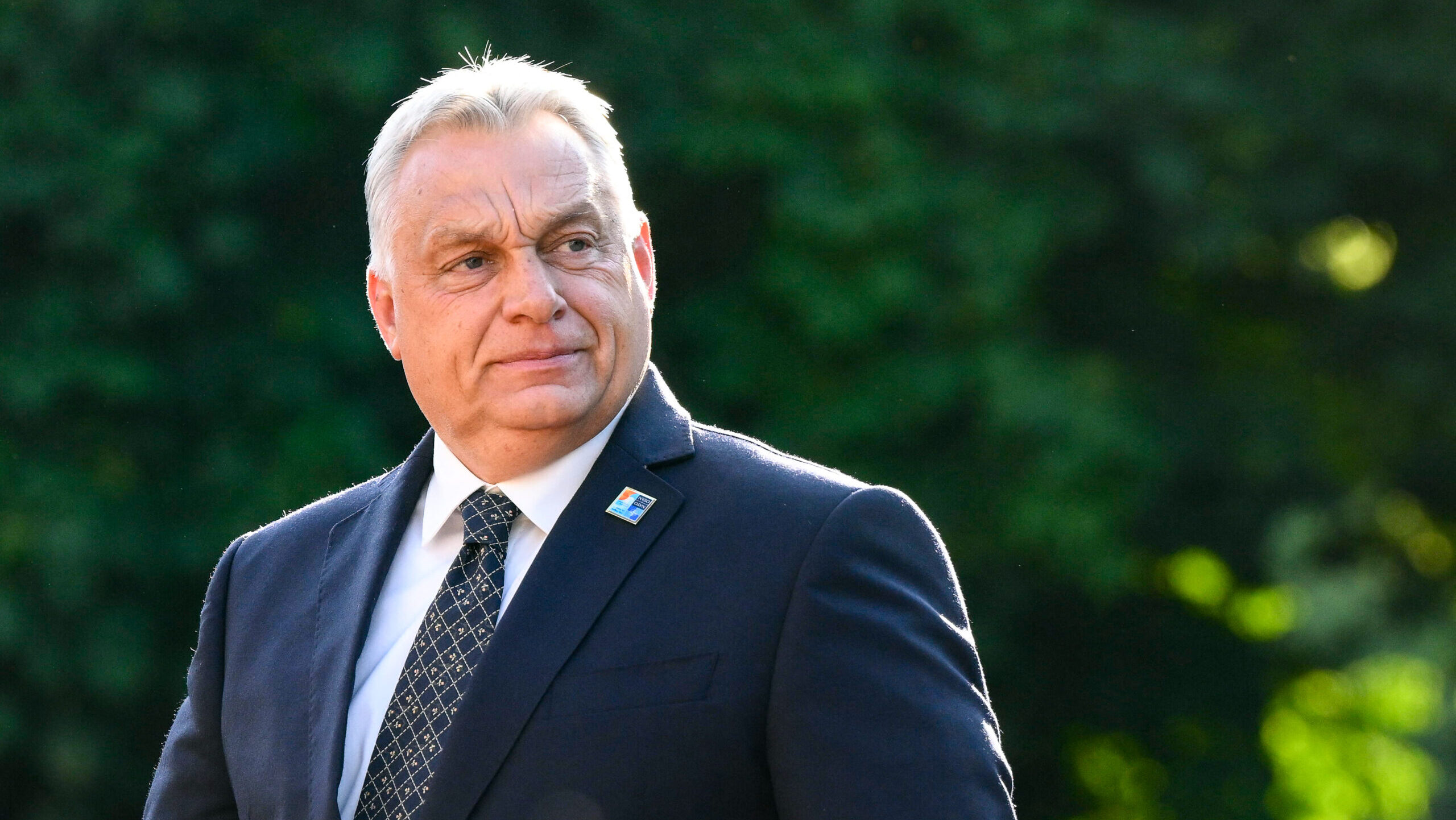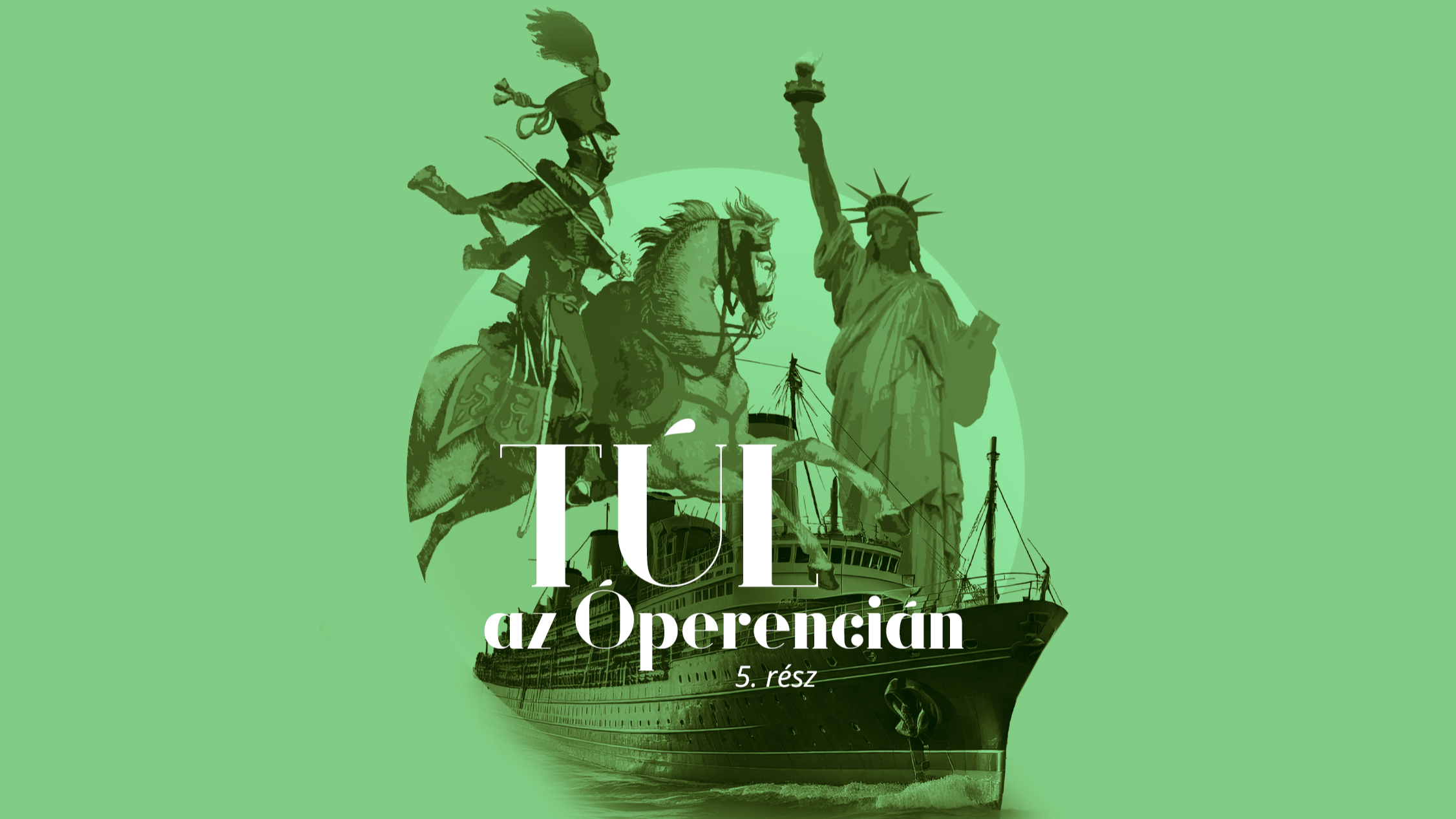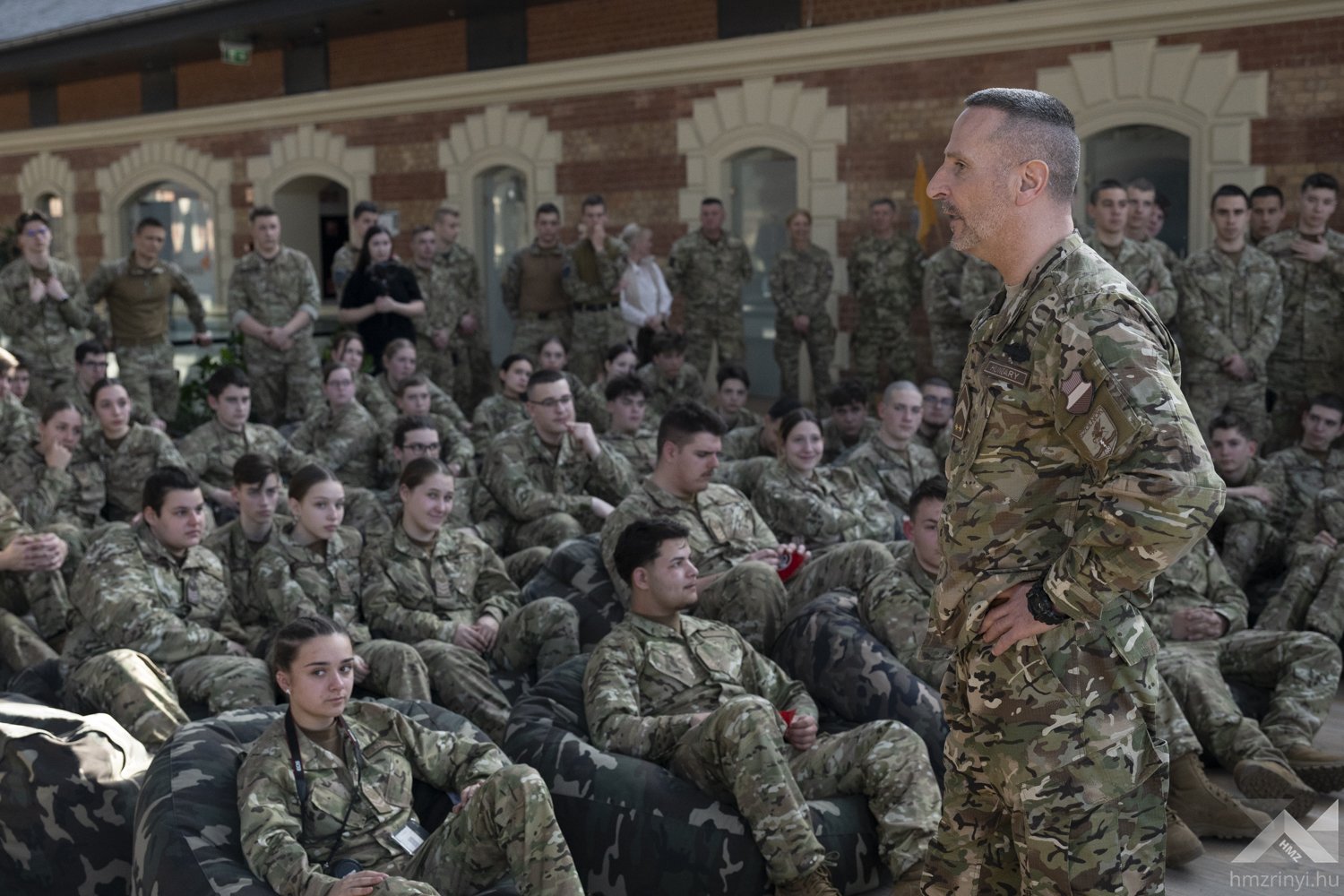
Orbán Praises Trump’s ‘Common Sense’ Diplomacy at NATO Summit
Hungarian Prime Minister Viktor Orbán welcomed the return of what he called ‘common sense diplomacy’, as reflected in US President Donald Trump’s approach to managing global conflicts. He also stated that Russia does not pose a real threat to NATO, asserting that the Alliance is significantly stronger.









